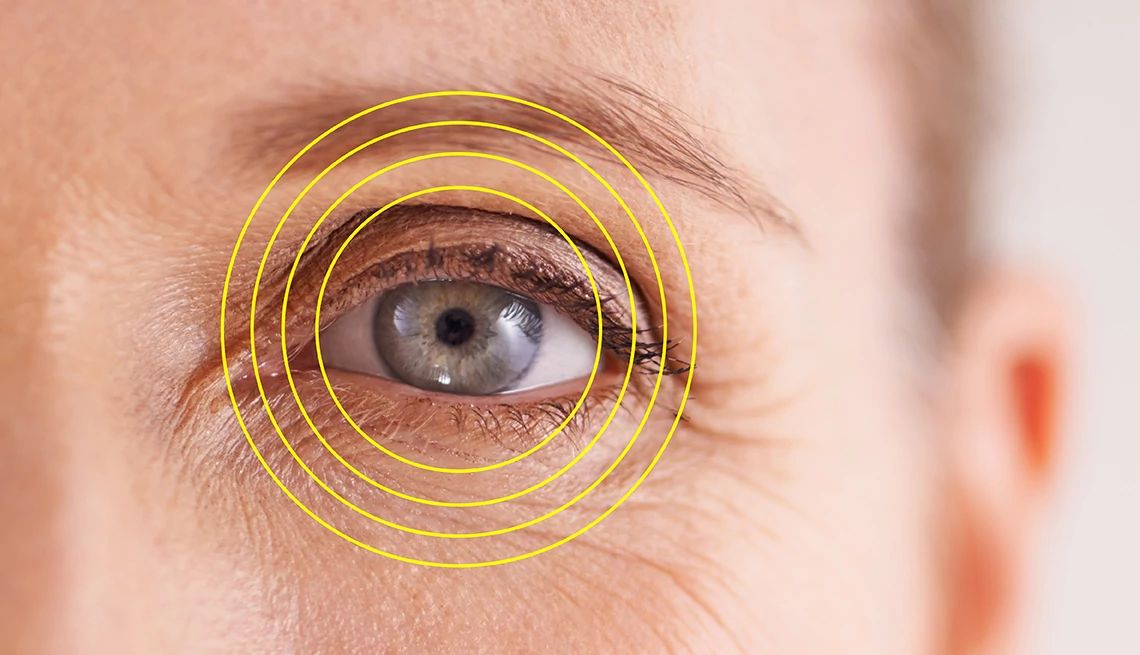
10 conditions that could disqualify you for lasik
- Select a language for the TTS:
- UK English Female
- UK English Male
- US English Female
- US English Male
- Australian Female
- Australian Male
- Language selected: (auto detect) - EN
Play all audios:

QUESTIONS TO ASK BEFORE CHOOSING A SURGEON Ask your eye doctor to help you find a reliable surgeon. You will want to find someone who does the operation frequently, so it’s a good idea to
ask how many years the surgeon has been performing the procedure. You can also ask what kind of laser they use to see if it’s the latest FDA-approved technology. The newest technology was
released in 2018 and is called iDESIGN Refractive Studio, STAR Excimer Laser System. WHAT TO EXPECT If you’re feeling nervous, the doctor can prescribe a sedative to take before the
procedure, and you should have someone drive you to and from the surgery center. The doctor will seat you in a reclining chair, numb your eye, and use an instrument to hold your eye open
during the half-hour surgery. The doctor will create a flap on the cornea using a laser to reshape it, thus correcting your vision. Many people have 20/20 vision or better after surgery.
Once you are ready to go home, your doctor will give you goggles to wear while you sleep to protect your eyes from scratches. After the surgery, keep your hands away from your eyes. You
shouldn’t shower until the next day. The American Academy of Ophthalmology warns that some people might have discomfort following the procedure that diminishes over time. This can include:
Andreoli says typically the halos and dry eye side effects are worse for people over 50. You'll visit your eye doctor a day or two after the procedure to check your eyesight and assess
the healing process. YOU MAY NEED TOUCH-UPS LATER People who get LASIK can enjoy better vision for a long time, but not forever, because laser surgery doesn’t prevent the eye from changing
or aging, according to the Refractive Surgery Council. Some people need reading glasses several years after LASIK surgery. “The average LASIK patient in the United States can go about 10 to
15 years before they are slipping and starting to need distance glasses,” Andreoli says. One option is to get a touch-up. She cautions there may be some trade-offs to getting an enhancement.
She adds that a touch-up may sharpen your eyesight for distance but may worsen your close-up sight. COST CONSIDERATIONS LASIK surgery can cost between $1,000 to $ 4,000, and insurance may
not cover much, if any of the cost, because it is considered an elective surgery. If you’re still working and have a Flexible Spending Account or a Health Savings Account, you can use funds
from those accounts for the surgery. Medicare considers this surgery elective and does not cover the cost but some Medicare Advantage might. You’d have to check with your provider about your
case. Although insurance will not likely cover any of the cost, the surgery center may offer a warranty, which is worth asking about. Be wary of low-cost deals that seem too good to be
true. In 2024, the Federal Trade Commission (FTC) refunded $1.1 million to consumers tricked by bait-and-switch advertising by LCA-vision. Advertisements for $300 procedures were actually
priced between $1,000 and $2,295 per eye for the surgery. Patients were given the true cost estimate following an eye exam during an in-person consultation. When deciding whether LASIK is
right for you, consider your overall health, cost, and long-term expectations.
